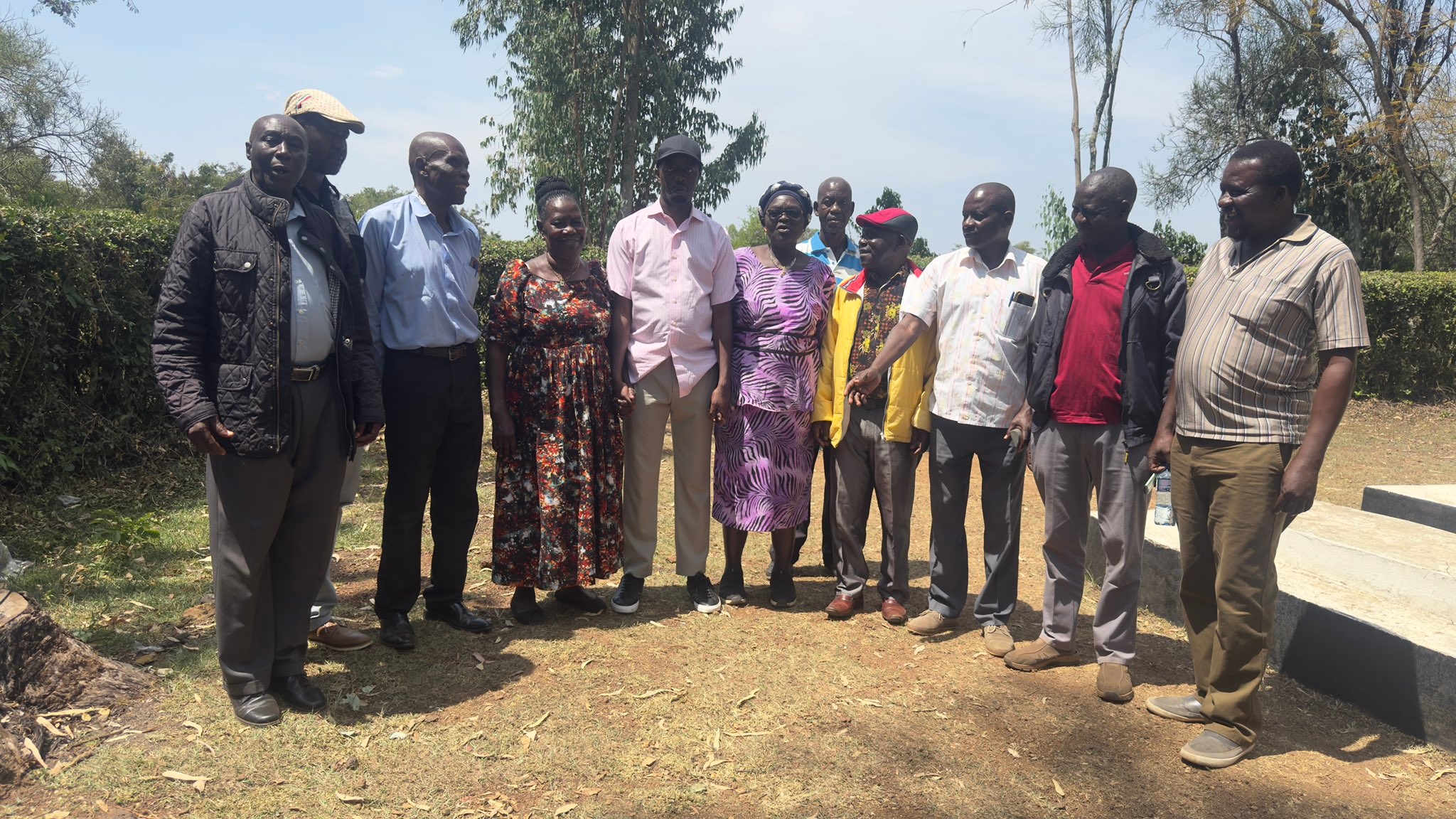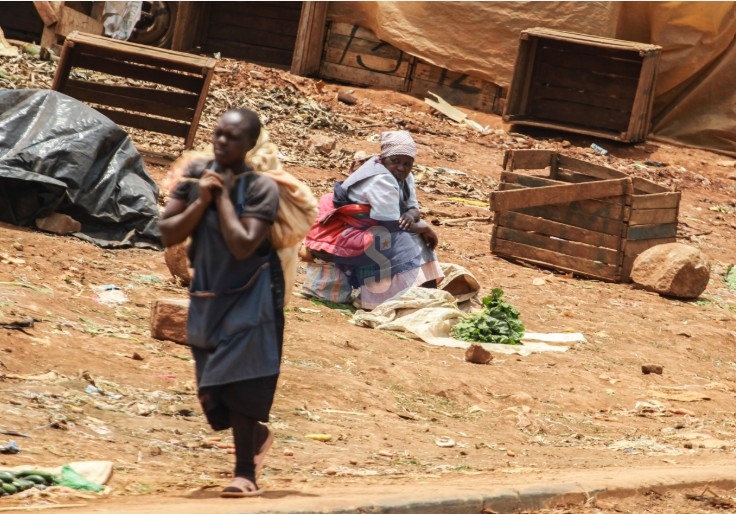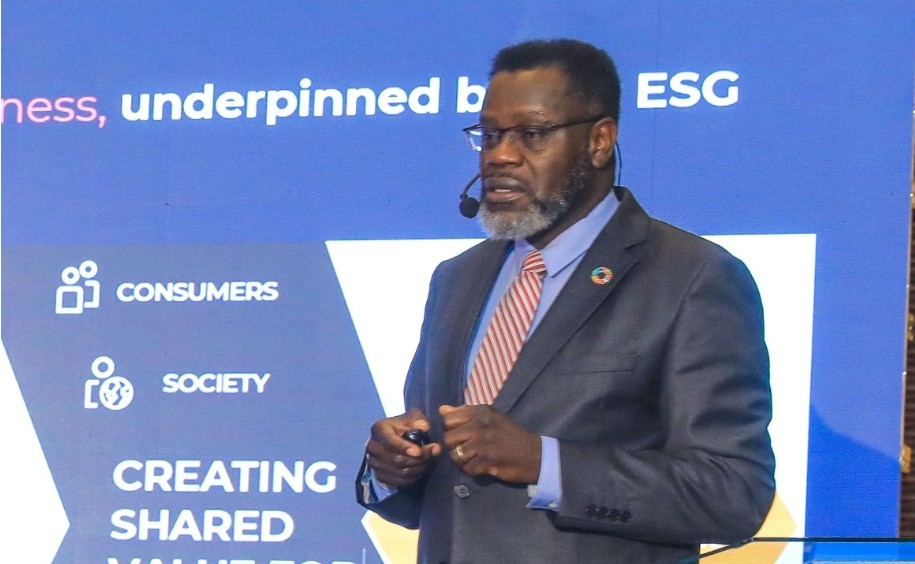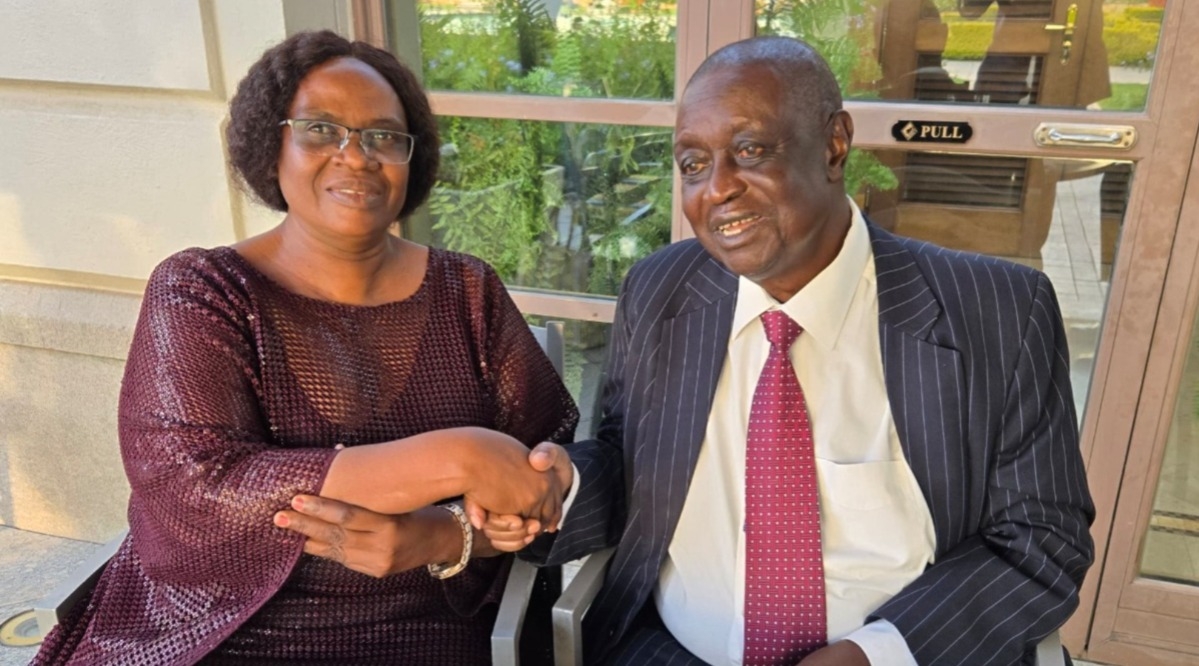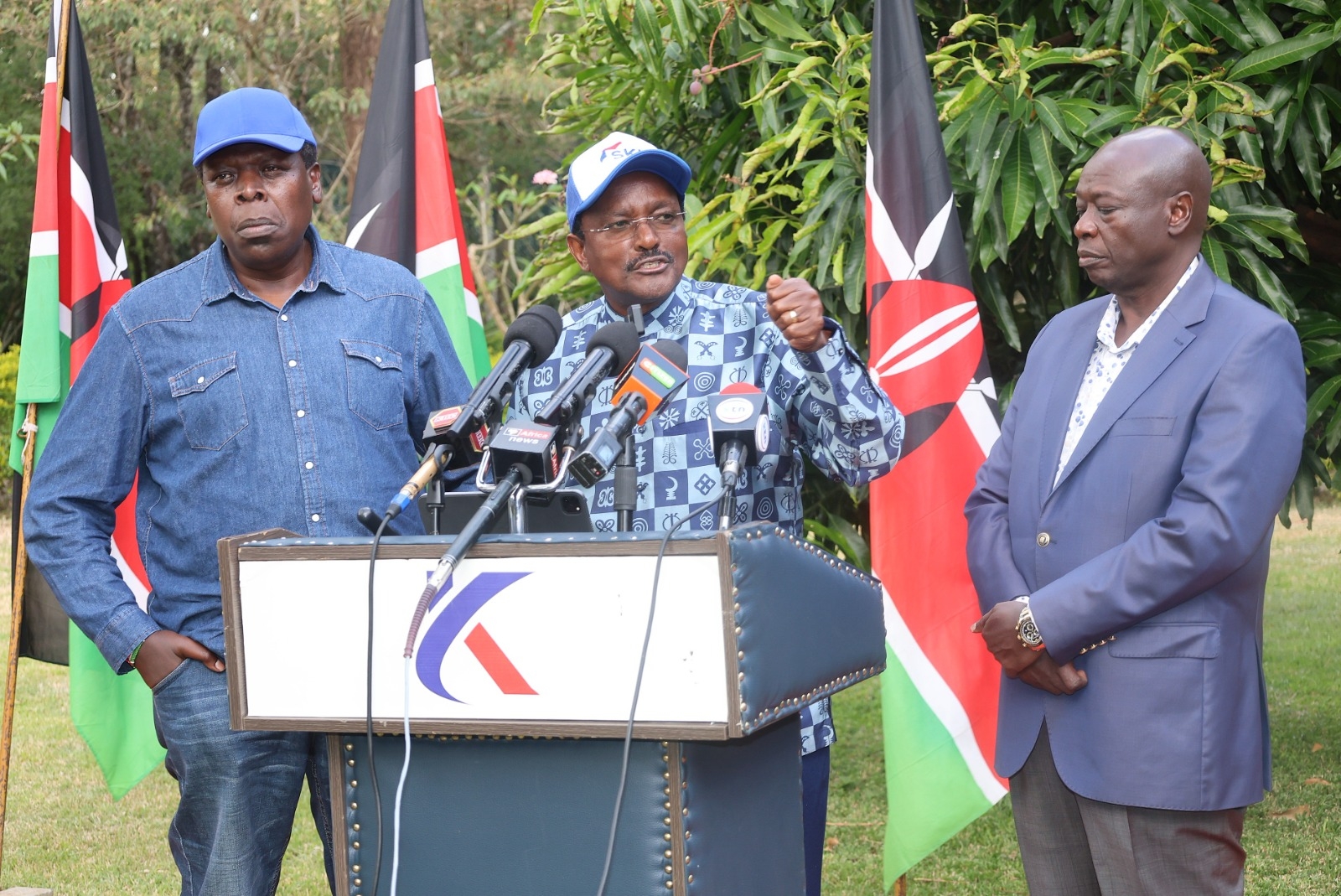The National Environment Management Authority has warned traders against importing plastic bags from Uganda.
Nema Busia county director Rob Kipkoech said traders found importing, selling or using the banned material will be arrested and arraigned.
He said some Kenyan traders had continued to import the plastic bags despite a ban slapped by the government on the manufacture, importation and use of the environmentally unfriendly material.
Kipkoech spoke during a clean-up exercise of Busia town on Friday.
“We have moved around and we have discovered that some traders still use the banned plastic bags. We have sensitised the public on the same and the dangers it poses to the environment,” Kipkoech said.
“We are calling for an end to this because those found using banned plastic bags will be arrested and charged in court.”
In February last year, Nema announced that it had heightened surveillance following reports that banned plastic bags were slowly getting back into the country.
Single-use plastics and the resulting pollution, the environmental agency said, had been cited as one of the biggest catastrophes of the current generation and a major threat to biodiversity.
Kipkoech said conserving the environment remains the duty of all Kenyans and not a responsibility of institutions mandated to promote environmental conservation.
“There is total lack of waste management in our facilities because the disposal of waste is not adequately taken care of because traders simply dump their waste on open spaces,” he said.
“We want to request everybody to find proper waste management facilities which should clearly be labelled. We are going to sensitise the public so that whatever is taken away from markets will eventually end up in the rightful disposal channel.”
It is estimated that about five trillion macro and micro-plastic pieces are floating in the ocean, making up 60-90 per cent of marine debris.
Scientists warn that there will be more plastic than fish in the world’s oceans by 2050 unless people stop using single-use plastic items.
Plastic pollution has over time surfed onto beaches, settling onto the ocean floor and rising through the food chain onto dinner tables.
“We want call upon the residents of Busia county and all other Kenyans particularly the communities within markets to help us and conserve the environment by separating waste,” Kipkoech said.
“We have different wastes. There is waste that is biodegradable and there are those which are not biodegradable which can which can be glass or metal. These wastes must be separated so that the disposal is much easier.”
Kenya banned the use of single-use carrier bags in February 2017. The ban went into effect on August 28 that year.
The ban applies to all plastic carrier bags and flat bags used for commercial and household packaging.
Being found with plastics in Kenya attracts a fine of between Sh2 million and Sh4 million or a jail term of one to two years, or both.
Despite the ban, some plastics are being smuggled into the country.
During the clean-up exercise, Busia municipal manager Kenneth Nabulindo, who spearheaded the activity, said the exercise was geared towards enhancing public participation in solid waste management.
“It is our hope that this activity eventually improves the cooperation between the public and state agencies in solid waste management,” he said.
The manager also called for the proper use of the segregated waste collection bins and skip bins within the municipality.
He said the municipality has been making deliberate efforts to improve the working conditions of the traders within its jurisdiction, with open air cooking having been eliminated and the respective traders relocated to designated safe zones.
Among institutions that took part in the clean-up included the Kenya Prisons and the Judiciary.
“Cleaning of the municipality is something that we do every day. However, we chose to make it known that other than the contractor who is mandated to clean the municipality, there are other stakeholders who have taken it as a responsibility to clean the municipality including the general public,” Nabulindo said.
“We will request even those who do business within the municipality to allocate a day every week when we will be working together in ensuring Busia municipality remains clean.”
Edited by Henry Makori




